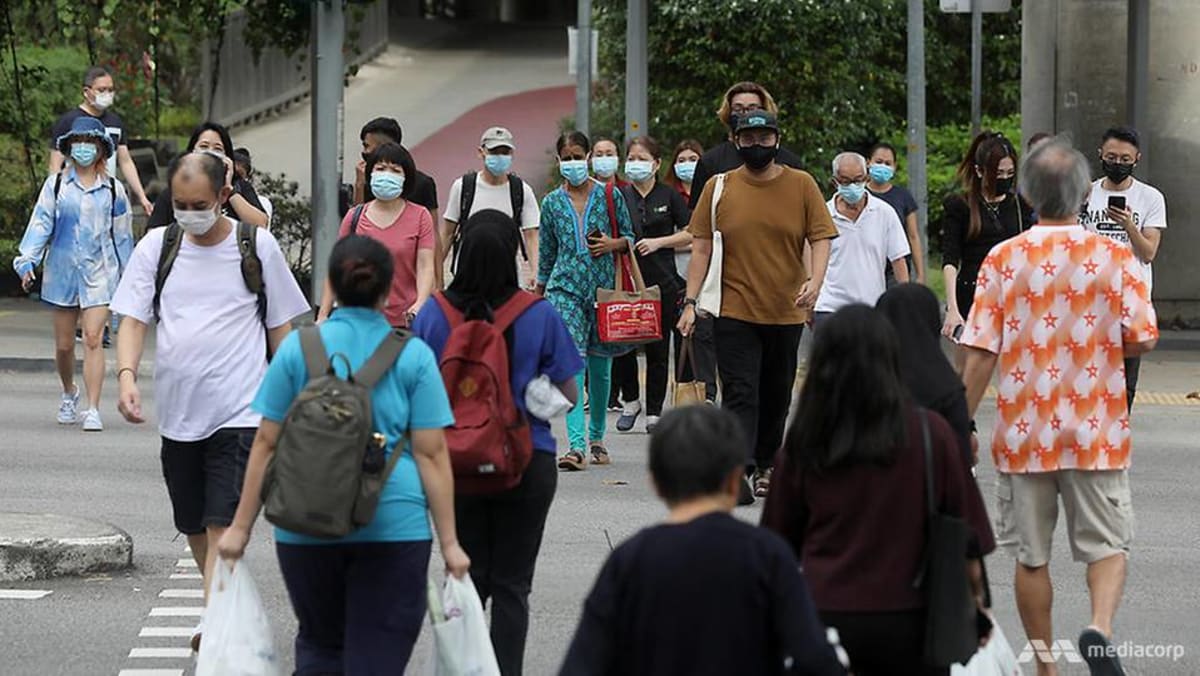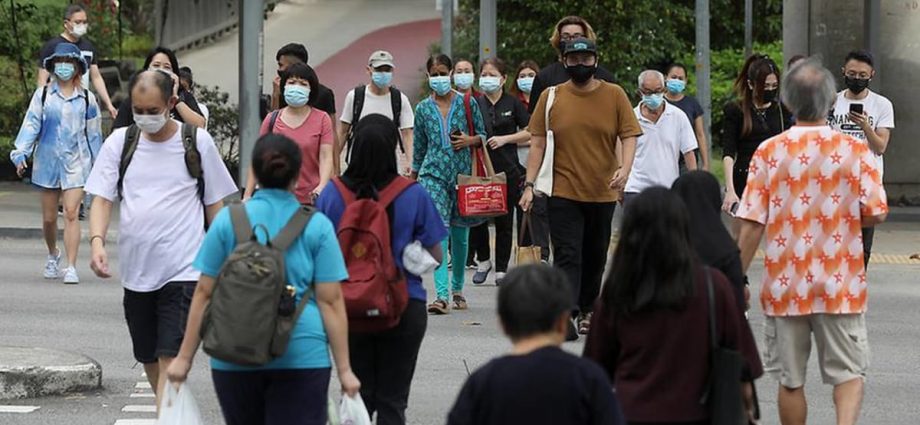
If some form of such assistance comes to pass, the method of providing a monthly allowance conditional on people reskilling for the next job, much like the SGUnited Job and Skills Programme introduced during the pandemic or the Workfare Training Subsidy, seems better as a hand-up rather than a hand-out.
COLLECTIVE SUPPORT TO ENABLE SELF-RELIANCE
The second balancing act is to encourage self-reliance and agency, yet also encourage stakeholders to help.
Although businesses are likely to face difficult times ahead, grappling with recovery from the pandemic and an uncertain global economic outlook, paradoxically, they should do more, not less, for workers. A pro-worker ethos feeds a pro-work one which benefits businesses big and small, foreign and local.
In the 2023 Edelman Trust Barometer, a large majority of respondents in Singapore said they expected business leaders to “take a public stand” on social issues, such as the treatment of employees (87 per cent), discrimination (76 per cent), and the wealth gap (75 per cent).
Businesses must “do their part to invest in their workers”, said Mdm Halimah. The government is planning to introduce legislation to penalise workplace discrimination this year. We bear in mind that our corporate citizens are also absorbing the rise in Goods and Services Tax to fund the expansion of government’s social policies, the increase in Central Provident Fund contributions to improve the retirement adequacy of older workers, and the expansion of the Progressive Wage Model to improve the wage and career prospects of workers.
In light of this, workers too should feel motivated to raise their value-add to keep firm-labour relations mutually beneficial.

